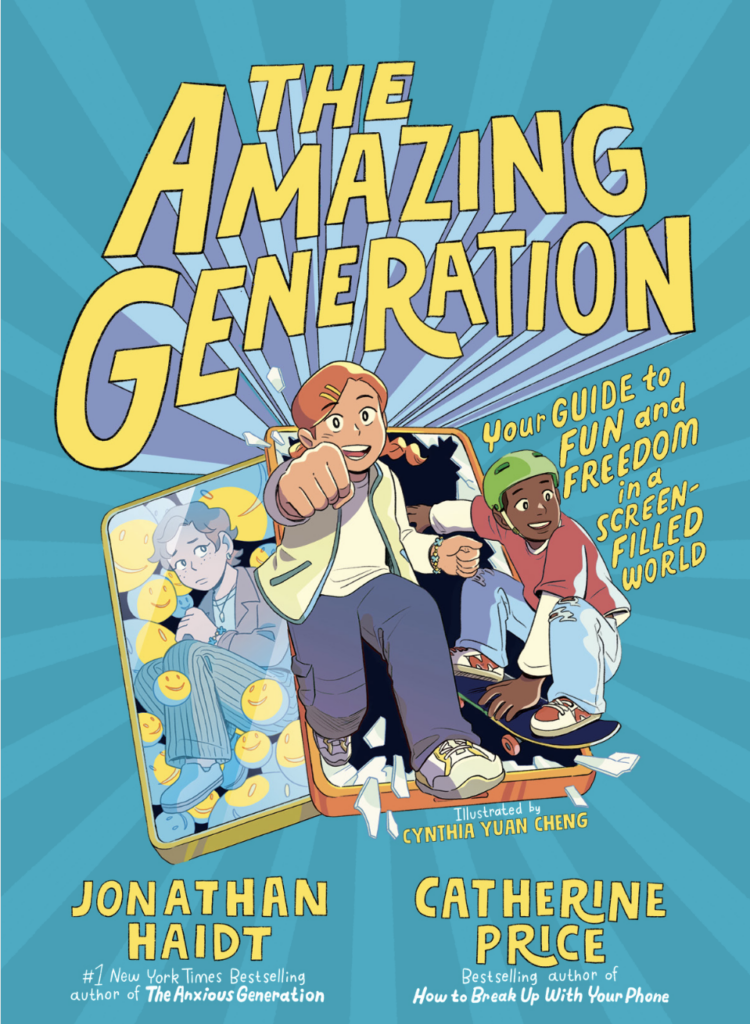






Let’s Make Youth Sports Fun Again
By age 13, around 70% of kids will quit organized sports. Why? Because despite all the research that shows the benefits of youth sports, kids say “it’s just not fun anymore.”
Turns out, today’s sports really aren’t designed to be fun, according to the author of this Washington Post article. She cites rising costs, pressure to specialize, and high demands all as issues. While the sports kid in me doesn’t want to believe this to be true, I am starting to wonder.
I’m not one to talk about the “good old days” and how much better things were way back when. But I can’t help but notice how much more intense sports are from when I was a kid. I was pretty active growing up and tried a lot of different sports. Yet, most of my memories from those days are of spending time with my friends—things like post-game bus rides and celebratory ice cream.
I couldn’t tell you how many games we won in basketball or what my batting average was in softball. And I don’t think I kept a single trophy or metal from my wins. But nowadays it seems much more … what’s the word I’m looking for? Deliberate. Serious. Cutthroat. Yes, all the above.
As someone who likes sports and believes in all the good it can bring to kids, I’m annoyed and, frankly, kind of mad. Because you know who is most at fault, sucking away the joy? Adults.
Adults are way too involved in youth sports.
Let me acknowledge that many youth sports programs rely on adult volunteers. Most of those people deserve their own participation trophy just for showing up, practice after practice and game after game. I’ve even been one myself. So am I really saying adults shouldn’t be involved?
Well, yes. And no. Kids definitely need and thrive from good coaches, but there’s a big trend in youth sports to practice more frequently and longer, leaving no room for free time. Here at Let Grow, we’re huge advocates of unstructured play. You might be thinking, sure that’s great for hanging out around the neighborhood, but what does it have to do with sports? We think it matters, and so did these two soccer coaches, who wrote the book Shoeless Soccer. They found that when they let their players have more free time at practice, they had much happier, and even better skilled, players.
I know as a parent, athlete, and volunteer coach that kids need drills and conditioning, but those aren’t the things that makes up a kid’s love of the game.
Plus coaches aren’t the only ones pushing this no-nonsense, practice-heavy approach. It’s often parents that drive it to extremes. There’s so much pressure to get ahead and be the next big star that the joy of playing gets left on the sidelines.
I’ve seen parents yell and curse at their child during a game, making them cry. I have seen parents ejected from games for yelling at refs. I’ve also heard parents scold their kids after games, pointing out everything they did wrong and nothing they did right. I’ll admit that I’ve even been guilty of this last one. Sure, we want to help our child and support them in getting better, but at what cost?
Why does it start at such a young age?
I’m a mom of two sporty kids who are now high school athletes. I’ve been to my fair share of basketball, soccer, volleyball, baseball, and football games over the years. You’d think things heat up more as they get older, but actually, I think it’s better. From my experience, the years of excess parental involvement and intensity peaked between third and seventh grades for my kids.
In this article for ESPN, even Kobe Bryant talks about parents getting overly involved and trying to inject themselves into their kids’ games. He talks about all the great things sports brings to kids—leadership, communication, and even dealing with anxiety—yet, the landscape isn’t what it used to be. It feels like both kids and parents are forgetting why they wanted to play in the first place, and this burnout is starting younger and younger.
When COVID-19 brought most sports programs to a standstill, my daughter was among the student-athletes feeling sad and stir-crazy. She longed to be back on the basketball court, shooting hoops with her friends. Little by little, as they started allowing some play, she couldn’t be happier. She didn’t care about the extra restrictions; she was just happy to be playing again. It wasn’t about the wins or the medals. It was just about playing. Here she was, at 14 years old, rediscovering her love of the game. It was like she was 10 again, so eager for more.
The benefits of youth sports are real, so let’s try to make it fun again.
You can find countless studies, articles, and research that highlight the benefits of youth sports. There are physical benefits—kids are much less likely to become obese and more likely to live healthier lives overall. Then there are educational benefits—they’ll do better in school and, later on, well in the workplace. And of course there are the mental benefits—lower depression rates and higher self-esteem.
There are too many benefits of youth sports for kids to be quitting at such young ages, so as adults, let’s vow to do better. Let’s help keep it fun for kids and give them free time to discover and play along the way. Then when they’re not having fun anymore, let’s try to learn why and do something about it. And finally, let’s move beyond the few mainstream sports that get all of the focus. One of the best sports decisions my teenage son made was quitting baseball and trying golf instead. He’d never thought about picking up the game of golf, but he absolutely loves it.
All too often, kids will write off sports, thinking they’re not an athlete or lack the necessary skills (probably something an adult said to them at some point). But maybe your kid will find their love of the game through tennis, archery, swimming, skateboarding, or another (less) organized sport.
Now I realize a few of you might have the next Megan Rapinoe or Kobe Bryant on your hands. But even if your kid is amazing and destined to go pro, I bet they still like just going outside and kicking the ball around or playing a game just for the fun of it. We need to encourage more of that.
Oh, and ice cream. We should always be looking for more reasons to go for celebratory ice cream.




Comments are closed for this article.